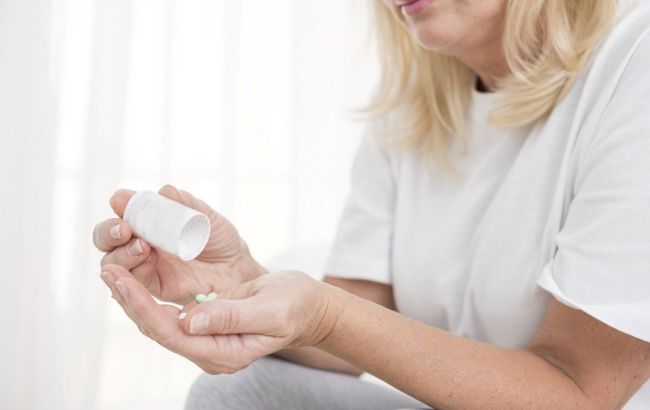Before or after food - How to take your medicine safely and effectively
 Photo: The right time to take medication (Freepik)
Photo: The right time to take medication (Freepik)
Many people wonder when exactly to take their medication: before or after meals? The answer is important, as the timing directly affects the effectiveness of treatment and the risk of side effects. The answer is not straightforward, explains Ukrainian Professor and nutritionist Oleg Shvets on Facebook.
How food affects medication
Food can either improve or reduce the absorption of active ingredients. For some medications, taking them after a meal helps prevent stomach irritation, while others work better on an empty stomach.
For example, bisphosphonates or rifampicin lose effectiveness if taken with food, so they should be taken 30 minutes before eating. On the other hand, metformin, corticosteroids, or erythromycin antibiotics are better taken after meals to avoid nausea or stomach pain.
Best time to take medication
The time of day also matters.
- In the morning, take medications that can irritate the esophagus (such as bisphosphonates), as well as hormonal drugs like levothyroxine, which are better absorbed on an empty stomach.
- In the evening, it is recommended to take short-acting statins (simvastatin, pravastatin), as cholesterol synthesis is more active at night.
- Antidepressants with a calming effect (mianserin, mirtazapine) are taken before bedtime, while stimulating ones (fluoxetine, sertraline) are taken in the morning.
Special cases
- Antibiotics should be taken evenly throughout the day to maintain a stable concentration in the body.
- Proton pump inhibitors (for heartburn or reflux) should be taken 30 minutes before meals to ensure maximum effectiveness.
- Antihypertensive drugs can be taken at a convenient time, but diuretics should only be taken in the morning to avoid nighttime trips to the bathroom.
Main rule for taking medication
Unless otherwise instructed by your doctor, take your medication at the same time every day. This helps maintain a stable drug concentration, thereby improving treatment effectiveness.
Experts note that you should not change the timing or method of taking medication without consulting a doctor, as even small changes can affect therapy outcomes.
Earlier, we explained whether it is okay to drink water during meals.
This material is for informational purposes only and should not be used for medical diagnosis or self-treatment. Our goal is to provide readers with accurate information about symptoms, causes, and methods of detecting diseases. RBС-Ukraine is not responsible for any diagnoses that readers may make based on materials from the resource. We do not recommend self-treatment and advise consulting a doctor in case of any health concerns.

